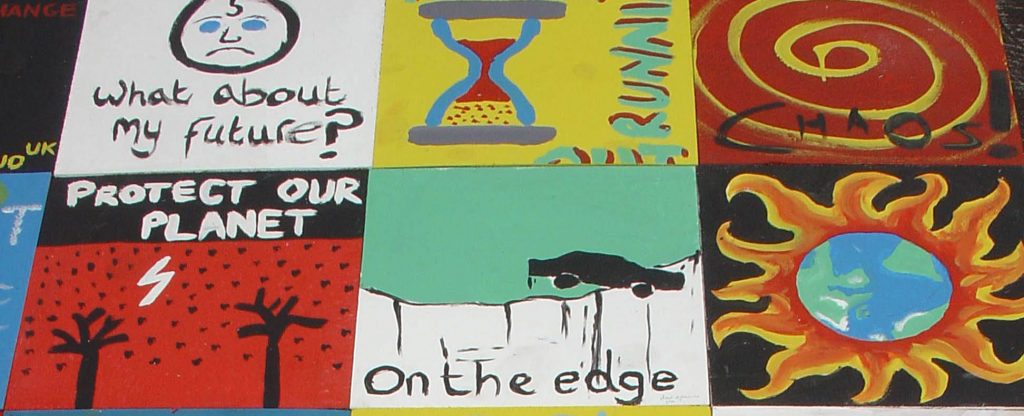Brussels/Washington, D.C – Nanotechnology will not significantly increase energy efficiency, or help tackle climate change in its current form, reveals a new report from Friends of the Earth in Europe, US and Australia, released today [1]. Nanotechnology, climate and energy: over-heated promises and hot air exposes the true environmental and energy costs of nanotechnology, promoted as ‘green’ by the nanotech-industry.
The report details the complexity of nanotechnology and demonstrates that current uses fail to deliver benefits for global warming, resource depletion and pollution, but instead increase energy use and create environmental risks.
Magda Stoczkiewicz, director of Friends of the Earth Europe said: “Nanotechnology has the theoretical potential to change the way we harness, use and store energy. However, in reality nanotechnology products require large amounts of energy to manufacture, at the environment’s expense, and do not deliver the levels of savings promised.”
Nanotechnology has been the focus of considerable ‘greenwash’ and industry has promoted it as is a solution to our environmental concerns. But, it is drawing valuable investment away from proven solutions to the environmental crisis, such as renewable technologies. Current uses, including socks, sports equipment and cosmetics, offer no energy- or environment-saving benefits, but require vast amounts of energy. The embodied energy in a single kilogram of carbon nanotubes, used in sporting equipment and other nanoproducts, may be as great as 167 barrels of oil.
Ian Illuminato, Friends of the Earth US and co-author of the report, said: “Despite industry claims, nanotechnology will not significantly contribute to energy saving and greenhouse gas reduction. In practice it will do the opposite: giving politicians an excuse to continue with ‘business as usual’, at the expense of smart, informed technology choices and behavioural change.”
“Nanotechnology is no quick techno-fix for our environmental problems. At best it can make a small positive contribution to energy and climate problems, but it has the potential to make things much worse.”
Georgia Miller, Friends of the Earth Australia and co-author of the report, said: “It is important the public understands that many nanotechnology applications come at a high environmental cost. At a time when we need to reduce our reliance on fossil fuels, there is growing investment in nanotechnology to find and extract more oil and gas, instead of investment in proven solutions such as renewable technologies.”
***
Notes:
[1]: http://www.foeeurope.org/publications/2010/nano_climate_energy_nov2010.pdf





